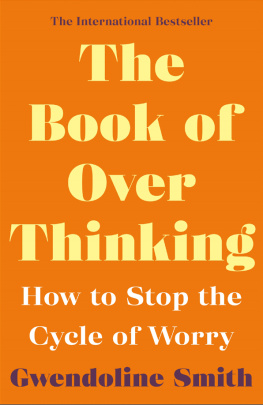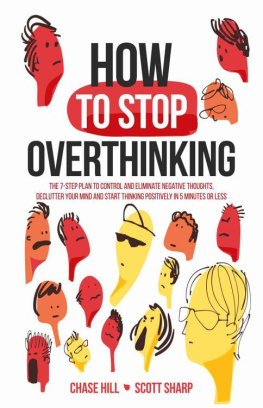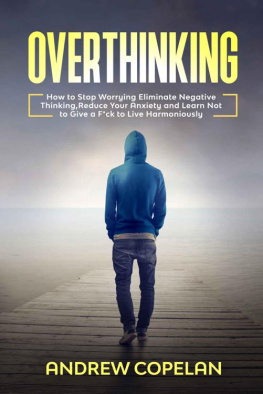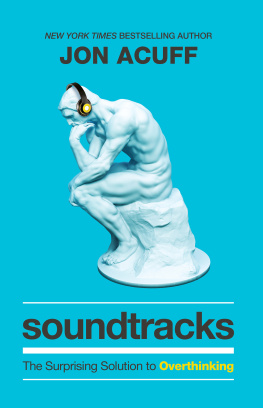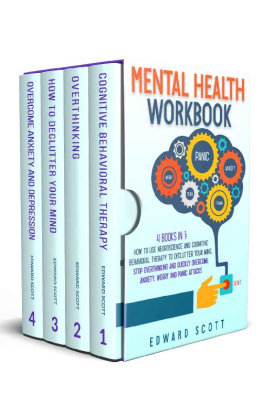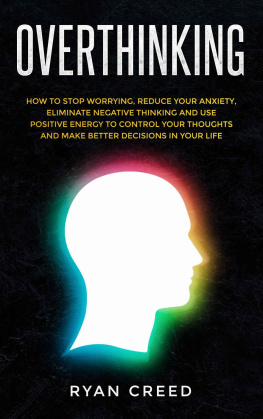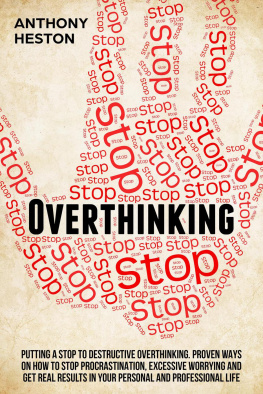Contents
Guide

Gwendoline Smith is a clinical psychologist, speaker, blogger and the author of the books The Book of Knowing, Depression Explained and Sharing the Load. She also goes by the name Dr Know. Born and raised in Chatham, Kent, she now lives in Auckland, New Zealand.

First published in Australia and New Zealand in 2020 by Allen & Unwin.
First published in Great Britain in 2021 by Allen & Unwin, an imprint of Atlantic Books Ltd.
Copyright Gwendoline Smith, 2020
The moral right of Gwendoline Smith to be identified as the author of this work has been asserted by her in accordance with the Copyright, Designs and Patents Act of 1988.
All rights reserved. No part of this publication may be reproduced, stored in a retrieval system, or transmitted in any form or by any means, electronic, mechanical, photocopying, recording, or otherwise, without the prior permission of both the copyright owner and the above publisher of this book.
10 9 8 7 6 5 4 3 2 1
A CIP catalogue record for this book is available from the British Library.
Paperback ISBN: 978 1 83895 278 5
E-book ISBN: 978 1 83895 279 2
Text design by Megan van Staden
Illustrations by Georgia Arnold, Gabrielle Maffey and Megan van Staden
Printed in Great Britain
Allen & Unwin
An imprint of Atlantic Books Ltd
Ormond House
2627 Boswell Street
London
WC1N 3JZ
www.allenandunwin.com/uk
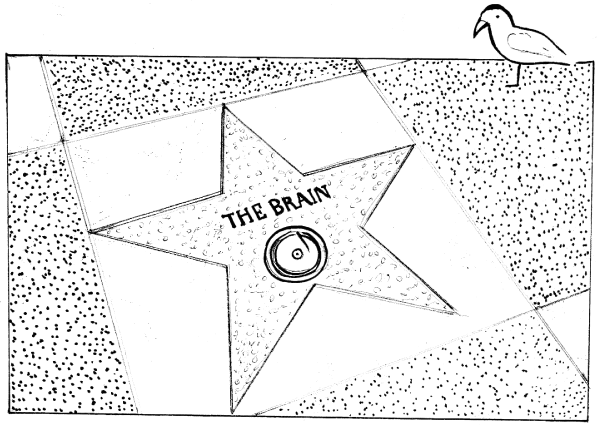
Dedicated to the brain for without mine, I couldnt help yours
CONTENTS
PART 1:
What is overthinking?
CHAPTER ONE
Overthinking: a definition
CHAPTER TWO
The harmful aspects of overthinking
CHAPTER THREE
A closer look at the mechanics of worrisome overthinking
CHAPTER FOUR
Worrisome overthinking (AKA worry)
PART 2:
Overcoming overthinking
CHAPTER FIVE
What to do about overthinking: the therapeutic model
CHAPTER SIX
Starting the therapy
CHAPTER SEVEN
An introduction to thought viruses
CHAPTER EIGHT
The shoulds, musts and have tos
CHAPTER NINE
The thought diary
CHAPTER TEN
Starting to see results
CHAPTER ELEVEN
Time to review
If youve just picked up this book, Im working on the assumption that overthinking is causing you a few problems.
If it is, then youre in exactly the right place.
AUTHORS NOTE
T he Book of Overthinking is essentially a sequel to my earlier book, The Book of Knowing. Both books are grounded in the theory of cognitive behavioural therapy (CBT), recognised as the state-of-the-art treatment methodology for mood and anxiety conditions.
The most important emphasis of this approach is to teach people about how they think, and in doing so provide tools and strategies to better manage how they feel. The focus of The Book of Knowing was to address the needs of teens and young adults, struggling with the overwhelming feelings which we know have a direct link to ever-increasing youth mental health problems. Although it was pitched to younger people, the content was, and still is, helpful to people of all ages.
In my clinic I have seen the magic of The Book of Knowing change the lives of many young people for the better. What I have also become aware of in my clinical life is that the majority of adult clients I see are struggling with worry or, as it is commonly known, overthinking.
Hence, The Book of Overthinking is geared more to adult readers, though, as was the case with Knowing, the knowledge and practical techniques are ageless.
I enticed my lovely illustrators Gabi and Georgia and designer Megan into doing another book with me, as I believe grown-ups love comic books as much as kids do. So have a laugh and learn along the way.

CHAPTER ONE
OVERTHINKING: A DEFINITION
overthink (verb) to think too much about (something): to put too much time into thinking about or analysing (something) in a way that is more harmful than helpful. (Merriam-Webster online dictionary)
O ut of the many definitions I found of overthinking, I warmed to this one the most, because it describes the act in very simple terms. It also highlights the potential to be harmful that overthinking has.
Everyone overthinks things once in a while. However, there are those individualsperhaps you are one of themwho find it quite impossible to shut down the constant onslaught of unwanted thoughts. There are two distinct forms of this type of inner monologue:
Ruminating, which involves rehashing the past.
I shouldnt have made that comment in the meeting last week.
I shouldnt have left my last job. If I had stayed, I would be much happier than I am now.
I shouldnt have eaten that piece of cake at the party yesterday. Now I am going to be fat forever.
These thought patterns are closely associated with regret and guilt.
Worrying, which is when you consistently make negative, catastrophic predictions about the future.
When I hand in my report to the boss, she will think it is hopeless and then I will be handed my notice. Then I wont be able to pay my mortgage, Ill lose the house and wont be able to provide for my family.
And so on, and so forth.
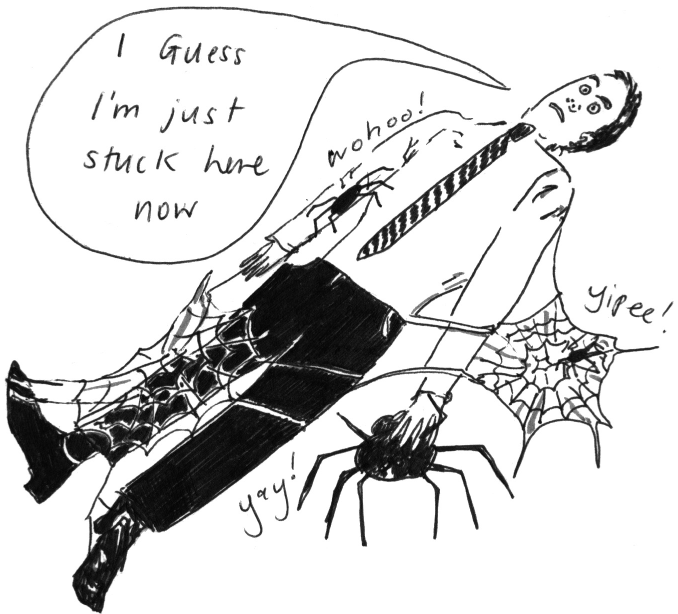
Worrying about potential future disasters creates fear and anxiety.
Being plagued by either or both of these types of overthinking can leave you in a state of constant anguish.
On a lighter note, it is our ability to think that makes us human. It is natural to get absorbed by what we are doing and think about those things. However, if overthinking leads you into a downward spiral of negative, destructive thoughts then, Houston, we have a problem.
Once this process occurs, you begin to create problems that arent there. Subsequently, you begin to believe and feel that those problems are real and valid. As a result of these beliefs, you then begin to worry and feel anxious. The thoughts then become paralysing, and impede your ability to problem-solve.
The other definition of overthinking which I like comes from the online Urban Dictionary:
overthinking a great way to f@ck everything up. #complicated #bullshit #hard #f@ck #hate it
Not too far off the mark, I say!
All jokes aside, however, I believe that the more knowledge you have about what you are experiencing, the closer you are to managing those unwanted thoughts and experiences.
SHOULD I BE CONCERNED
ABOUT MY OVERTHINKING?
People often ask me if all overthinking is harmful. In my opinion, no. Sometimes we can become engrossed in thought, and be stimulated by that experiencelike we have been hypnotised, losing track of time in an almost trance-like state. I guess we could liken this to daydreaming or mind-wandering.

